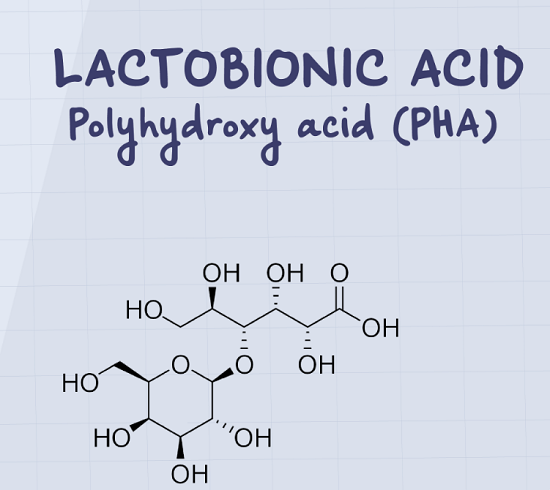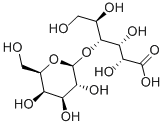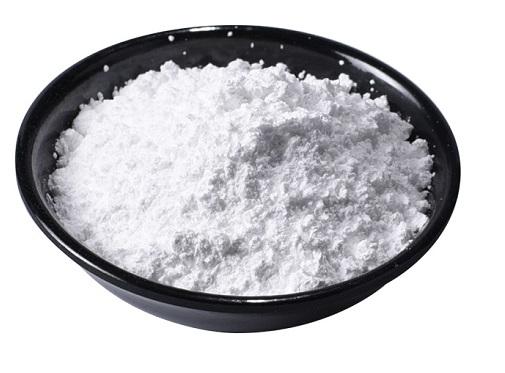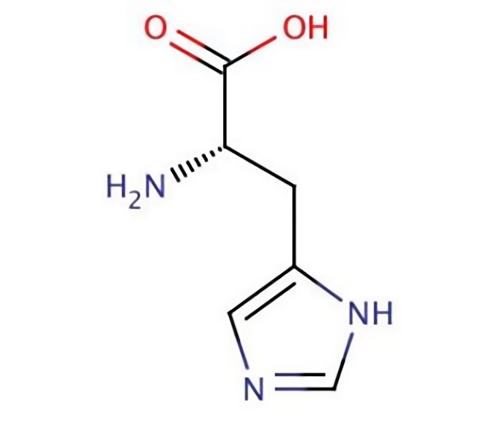What is the use of Lactobionic acid
Introduction
Lactobionic acid is a polyhydroxy acid (PHA) that belongs to the same family as other well-known skincare acids like alpha hydroxy acids (AHAs) and beta hydroxy acids (BHAs). It is derived from lactose, a milk sugar, and is known for its excellent moisturizing properties and gentle exfoliation. The gentle giant is the oxidized form of lactose derived from milk and has a larger molecular size than AHAs. This means that it won’t penetrate deeper into your skin to cause irritation or sensitivity from regular use,, making it suitable for sensitive and dry skin types. The compound is also naturally produced in your body, making it a safe ingredient for all skin types.

Uses
One notable protective use of lactobionic acid, Bionic acids used in some commercial skin care formulations, is as an antioxidant chelator in organ transplantation preservation solutions. Lactobionic acid reportedly inhibits hydroxyl radical production by forming a complex with the oxidation-promoting metal Fe(II). Furthermore, gluconolactone (a PHA) lactobionic acid and maltobionic acid (BAs) inhibit oxidative degradation of hydroquinone and banana peel. Lactobionic acid also functions as an inhibitor of the matrix metalloproteinase (MMP) enzymes. Excessive activity of MMPs occurs with age and sun exposure, contributing to wrinkle formation, skin laxity, and visible telangiectasia. The use of BAs to inhibit MMPs may provide a significant benefit in the prevention of photodamage. Lactobionic acid and biotin were used to target cancer cells, but an extra dimension of targeting capability was added by incorporating polylysine in the DDS as a nucleus-targeting ligand.
Side effects
Lactobionic acid is generally well-tolerated by most individuals, including those with sensitive skin. However, as with any skincare ingredient, some people may experience mild side effects. These can include temporary redness, stinging, or a slight tingling sensation. If you have extremely sensitive skin or a known allergy to lactose or milk products, it is advisable to perform a patch test or consult a dermatologist before incorporating lactobionic acid into your skincare routine.
You may like
Related articles And Qustion
See also
Lastest Price from Lactobionic acid manufacturers

US $0.00/Kg/Drum2025-04-21
- CAS:
- 96-82-2
- Min. Order:
- 1KG
- Purity:
- 98%-102%
- Supply Ability:
- 10 tons

US $1.00/KG2025-04-21
- CAS:
- 96-82-2
- Min. Order:
- 1KG
- Purity:
- 99%
- Supply Ability:
- 10 mt



